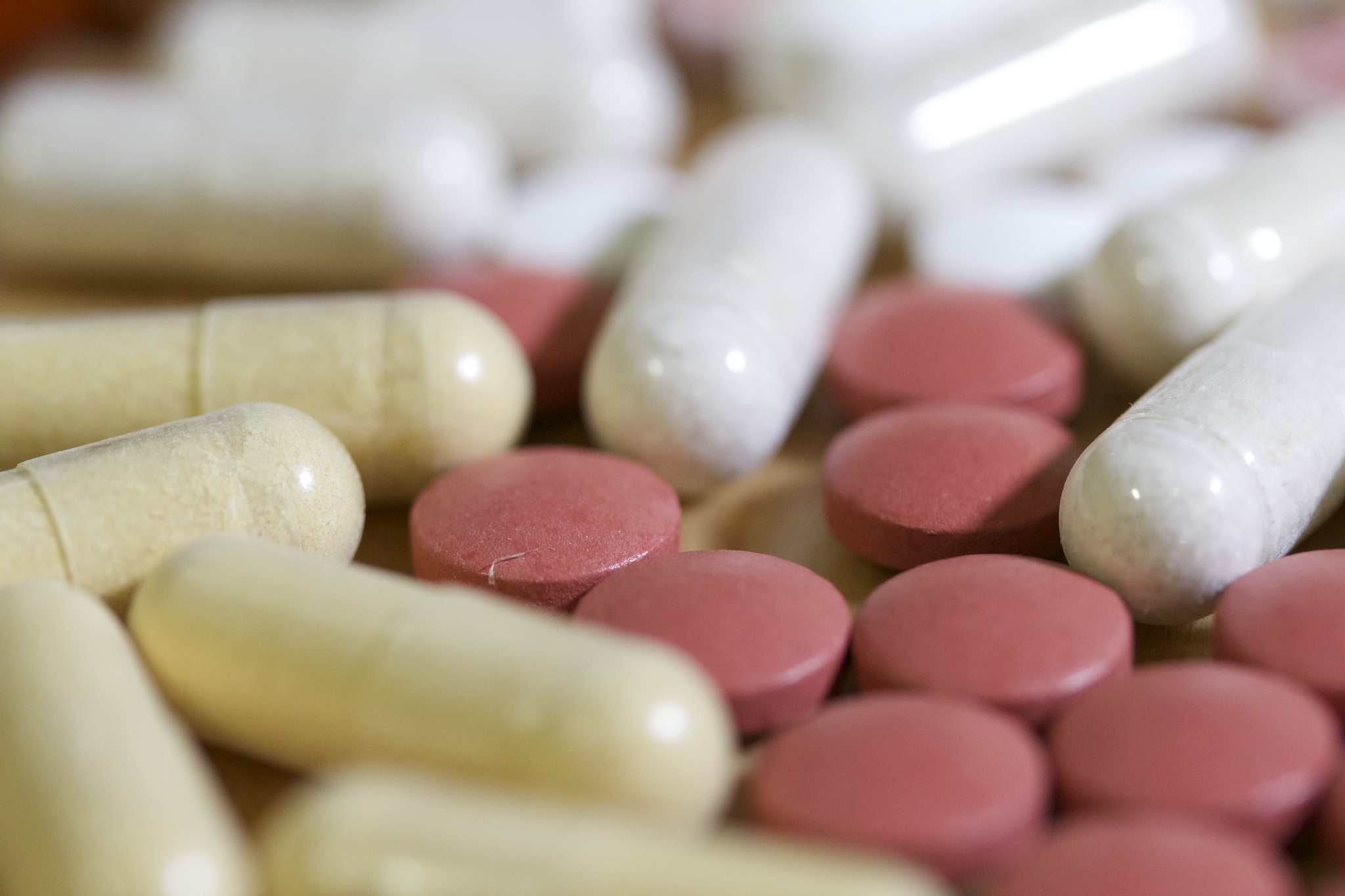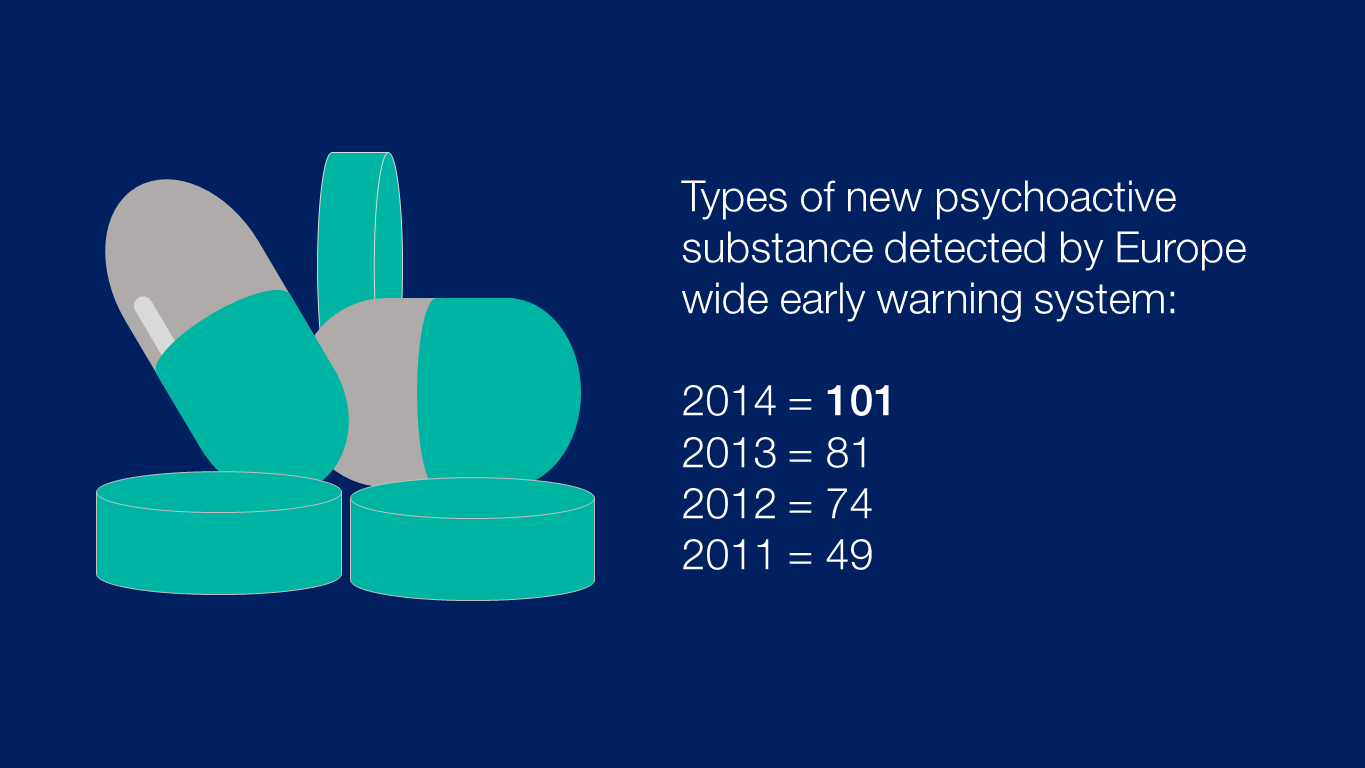
In recent years our understanding of drugs and the harms they can cause has been challenged - as has the health system response.
Where once we were reasonably confident that we had a good understanding of drugs, we cannot confidently say the same is true now.
There used to be a fairly short list of natural plant-based drugs (like cannabis) and synthetic chemicals (like amphetamines) about which we had years of reports on effects, health harms and other related harms, like the impact on families and communities.
This started to change with Ecstasy and the rave culture in the 1980s/90s and an increased interest in new synthetic drugs (new psychoactive substances or NPS) followed.
Although many would argue that these substances had been known about for some time, it is only more recently that chemists (especially in China) have been working with the molecules in these substances to find ways around the legislation and to sell them ‘legally’.
As a result, many of these substances, often referred to as ‘legal highs’ or ‘designer drugs’ are now available to buy online and even on the local high street, increasing their use and the media’s interest.
For users, there is never really any way to know what is being purchased, or the effect it will have but we do know that the chemicals in these substances can be incredibly dangerous.
They haven’t been properly tested nor do they have the history of documented experiences to shed any light on what the effects and harms may be.
Many have also already been made illegal and others contain hidden illegal substances so users are often unknowingly breaking the law.

In 2015 we saw dangers of NPS become increasingly visible in England and a number of people have been admitted to hospital after taking synthetic cannabinoids (brands like Vertex or Spice).
Much like other synthetic drugs that are in fact illegal, the chemicals these substances contain are very powerful and untested, and have in some reported cases in Europe, caused death.
How do we prevent the harms from these drugs when so little is known about them?
There is no ‘magic bullet’ solution for tackling any drug harms, and that is no different with these new substances.
The Government’s proposal to ban all NPS may help address their easy availability but it remains crucial that we continue to raise awareness of, and try to reduce, the potential harms and to provide effective treatment for those who need it.
Despite often unhelpfully being called ‘legal highs’, many NPS that were legal when first available are already controlled under the Misuse of Drugs Act.
PHE’s NPS toolkit aims to help commissioners and local areas prevent and address use, providing resources and advice to inform local response planning. Effective local responses require action at a number of levels, from data and information sharing to ensuring prevention and treatment are accessible and tailored to needs.
Because it can take time for surveillance to catch up with new drugs and their patterns of use, local authorities should look at their own sources of information to get a good picture of local issues. Each area will each have their own challenges, whether high rates of synthetic cannabinoid use among students or within certain groups, like men who have sex with men, injecting NPS.
While use of these substances is increasing, it’s important to keep the issue in perspective – we know that use is lower than more established drugs such as cannabis, cocaine and alcohol.
Alongside national systems for monitoring and gathering intelligence (the Drugs Early Warning System or the National Intelligence Network) there are various local information sources such as the local NDTMS data reports.
Formal and informal networks with clinicians, A&E departments, schools, police reports, even music festivals are all essential in building a local picture of drug use.
And the harms caused by drugs, including NPS, are often linked to wider health inequalities with the most vulnerable members of society suffering the most, such as those in poorer communities and those in the criminal justice system.
By looking at the wider societal issues and supporting younger people (especially those who truant or who have unstable home environments) to build their resilience, we can help them make healthy life choices.
Good information about healthy living and the harms of drugs, along with campaigns that target those at higher-risk can all help in strengthening young people’s resilience and improving their health now and in later life.
Responding to acute harms and ensuring effective treatment
Although the number of people being admitted to hospital or receiving treatment for NPS is relatively small, we know that timely and quality treatment, especially in emergencies, achieves the best outcomes.
Local networks within primary and emergency health care and drug treatment are essential in this.
Through information sharing on clinical practice and building competencies of health professionals in working with users, the treatment response will be timely and based on the best available evidence of what works.
The key theme with acute responses and treatment is around flexibility; drug services need to be able to adapt to the emerging problem, ensuring they have the skills to treat and provide harm reduction for specific health problems and wider physiological needs.
Services can adjust and tailor their current approaches, with the key being to focus more on the individual and their symptoms, rather than a response to the specific drug they are taking.
If users need help, it will more likely be because they have acute NPS-related problems (eg, agitation, palpitations, and seizures) and they will probably first present at emergency departments.
The Project NEPTUNE independent clinical expert group, which includes PHE, published clinical guidance in 2015 with detailed information on NPS and club drugs, their effects, treatment approaches, aftercare and harm reduction.
Practical clinical tools including online training will be available through Project NEPTUNE in 2015/16.
Much the same as the emerging challenge these substances present, the health system’s response will also evolve. NPS use in prisons, particularly of synthetic cannabinoids, is an increasing concern and PHE is working with National Offender Management Service (NOMS) and NHS England to respond to these health harms and provide appropriate treatment.
PHE will continue to support national and local networks and to advise on flexible prevention and treatment approaches.
Image: National Assembly for Wales

1 comment
Comment by martin g posted on
I think we need to treat these drugs and the education of these drugs as the same as heroin and many other drugs ,but also emphasis the mental damage these drugs do in the short term such as what I saw in prison,lads slitting their wrists and arms coz they couldn't hack the effects.Also we need to say to users how would they feel if someone where selling them to their kids,grandkids.The psychological effects (long term)of these drugs will take a generation just like acid,weed,crack cocaine etc,.These head shop's should be banned and legalize low potent forms of cannabis to bring it from the ghetto and the gangs that are making millions from it,into the watchful eye of the government who can make money from it to spend on the NHS and other things in need in this country.